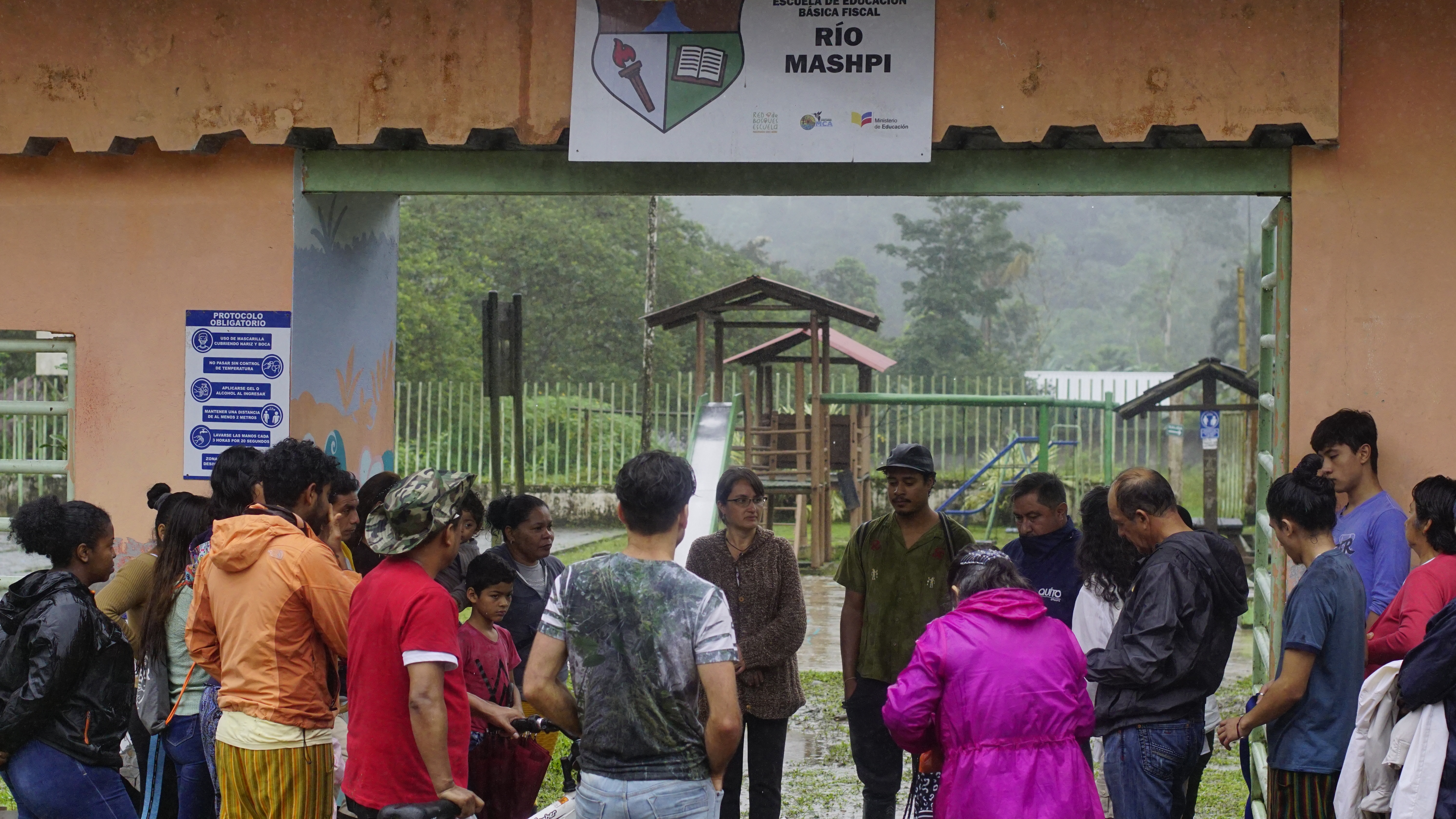
by Cidee Despi | Jan 18, 2023
In the northwest part of the district of Quito, in one of the most biologically diverse areas of the world, lies the Mashpi Reserve. A known bird watching paradise, the Mashpi community provides a sense of symbiosis between human and nature. However, despite the promise that Mashpi brings, a glaring problem persists: the government fails to prioritize its waste recollection services. Esteban Barriga, an EXCELerator 2021 alumnus, saw this and how the waste management issue has affected the Mashpi community, and decided to do something about it.
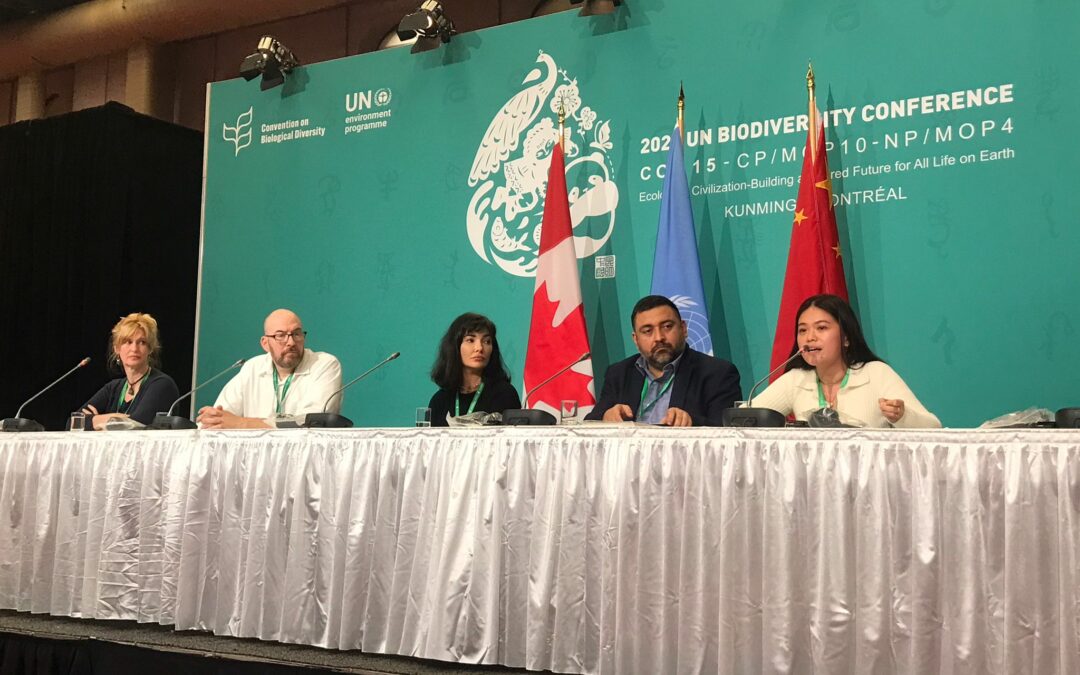
by Cidee Despi | Jan 6, 2023
The recently concluded COP15 is a historic event, and it has given us much to think about. The gathering of world leaders and conservation actors has resulted in the drafting of the post-2020 Global Biodiversity Framework (GBF). This is a landmark deal indeed, as it gives us a framework on how to move forward in the protection and conservation of the planet’s biodiversity. However, while we acknowledge the significance of such a feat, we are also aware of its pitfalls.
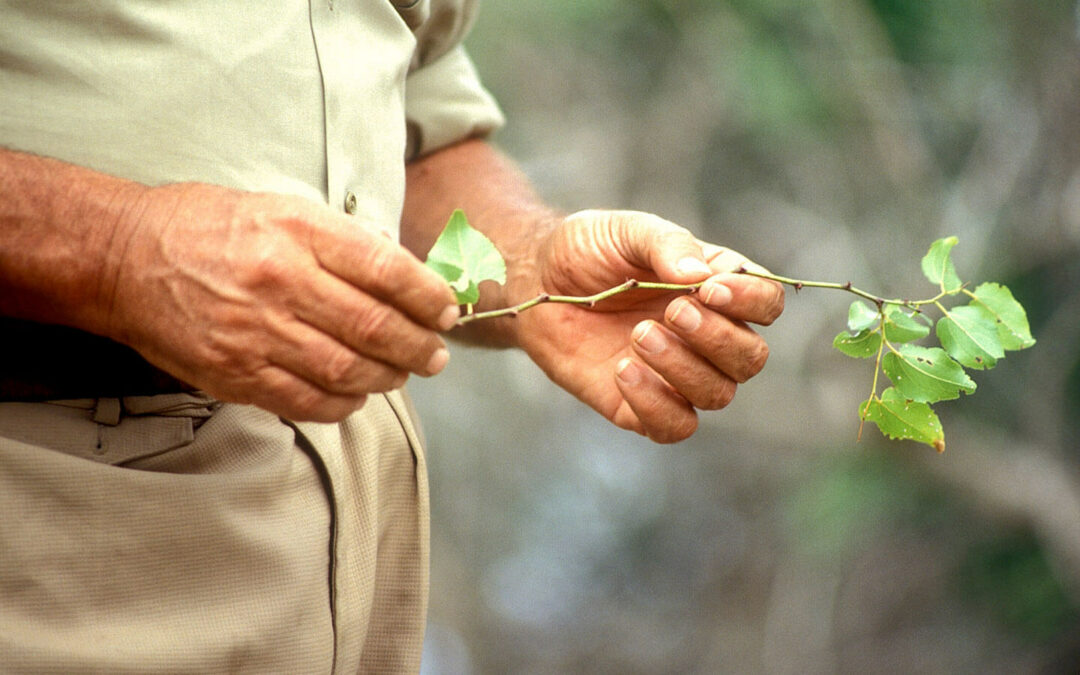
by Daniel Meyer | Jan 5, 2023
As of January 1, 2023, Vance G. Martin has stepped back from his role as the leader of WILD. Read more about what’s coming next for WILD.
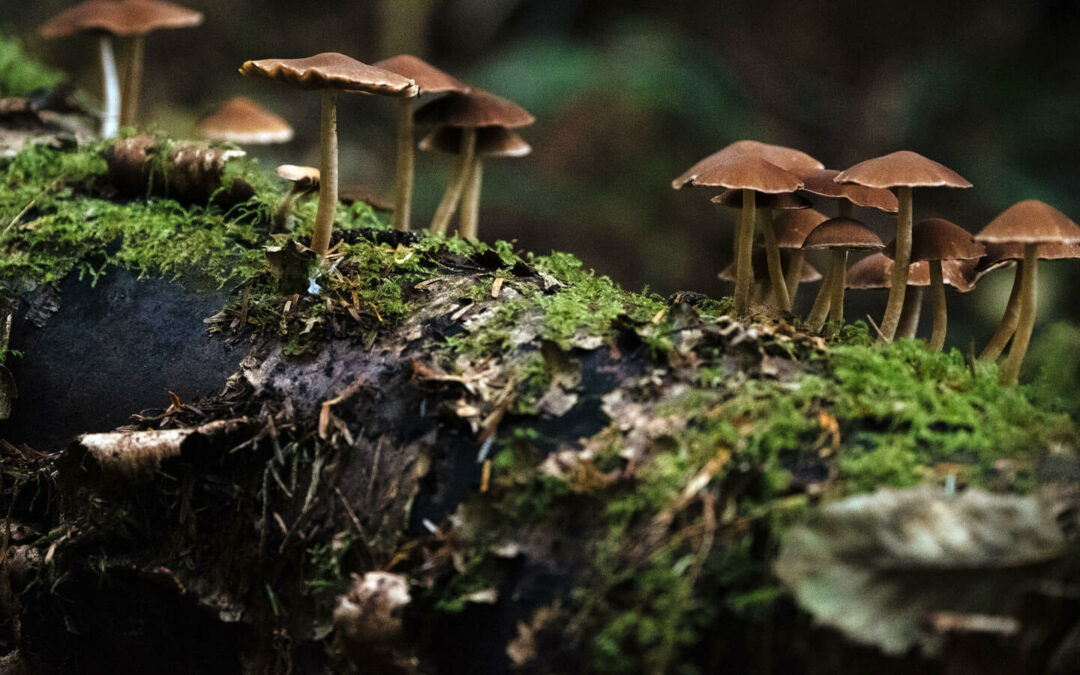
by Daniel Meyer | Dec 20, 2022
There are up to 3.8 million species of fungi on Earth but, why should we care about these sometimes-strange-looking eukaryotic organisms?
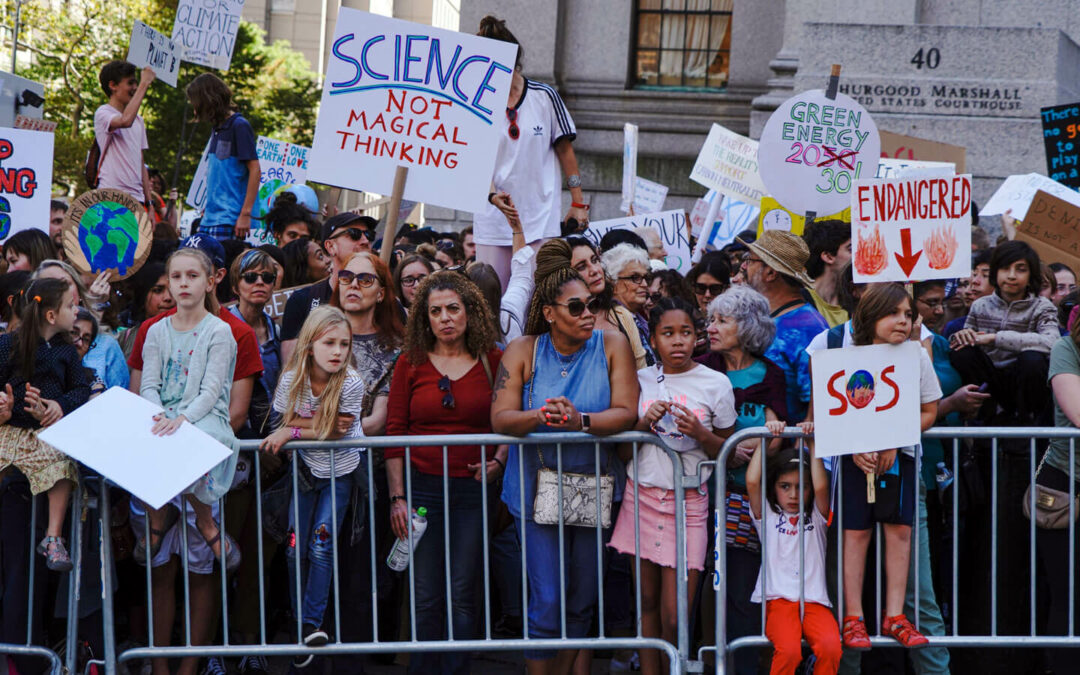
by Daniel Meyer | Dec 19, 2022
The United Nations convened in Montreal last week (COP15) to reach a new milestone: to protect 30% by 2030. Politically, this is a huge step forward. Ecologically, the road is uncertain.
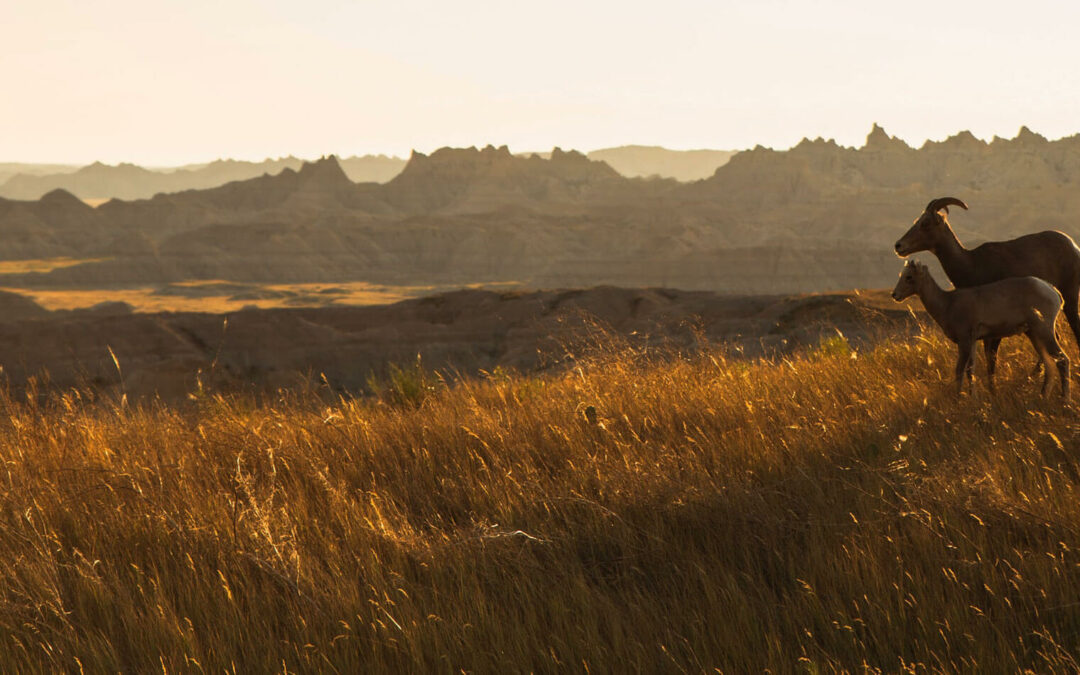
by Daniel Meyer | Dec 19, 2022
Community is one of WILD’s favorite regulatory functions because it moderates as it fulfills. What does this mean?

by Daniel Meyer | Dec 7, 2022
These services set the stage for all the other essential services that make life possible. They are the bedrock of our living biosphere.
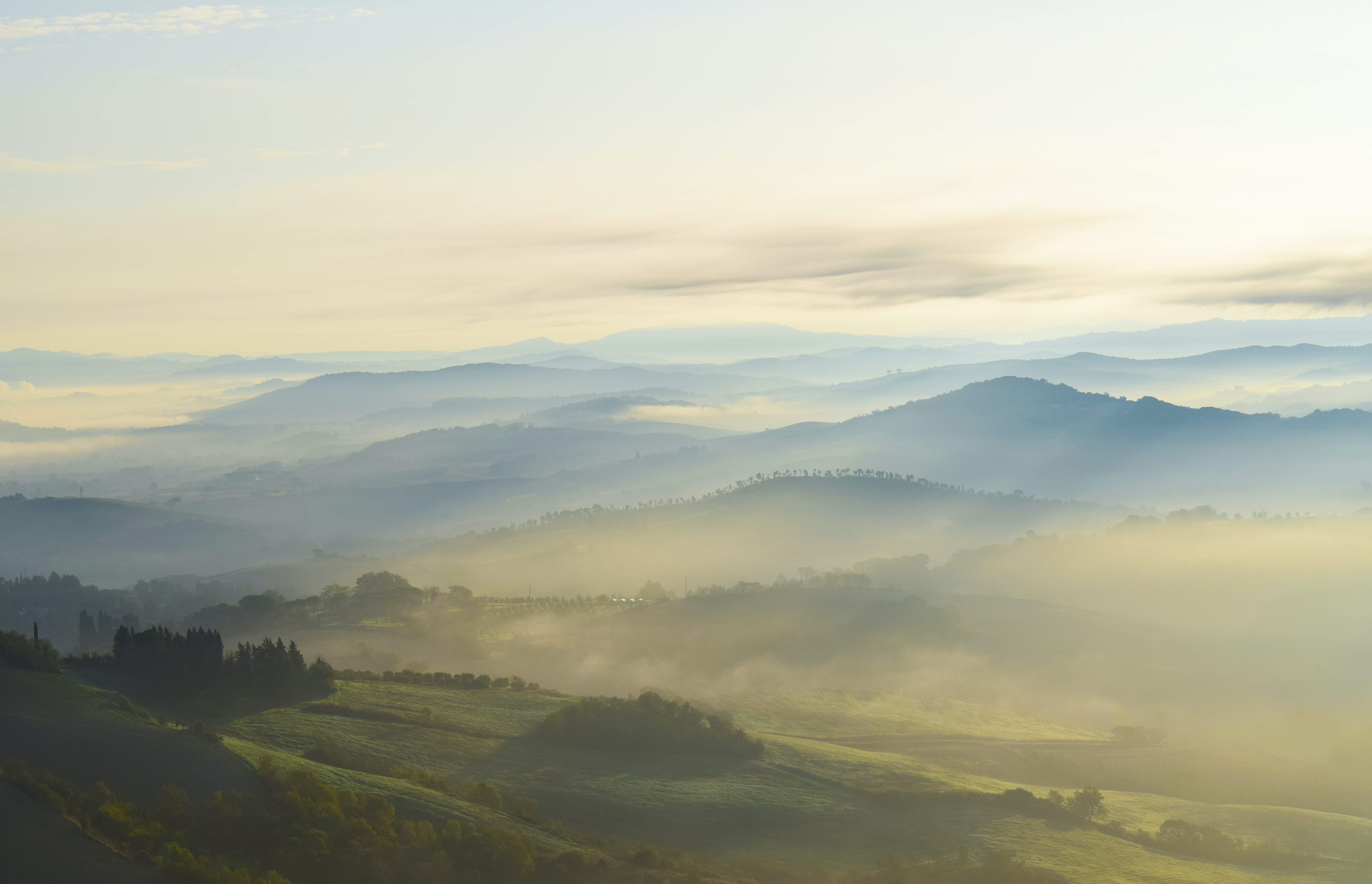
by Cidee Despi | Dec 6, 2022
35 years ago, all 198 UN Member States convened for a historic summit in Montreal. There, they negotiated and signed the world’s most successful environmental accord, the Montreal Protocol, saving our ozone layer and curbing greenhouse emissions. Now, 35 years on, these same parties are poised for another landmark event: the 15th Conference of the Parties to the United Nations Convention on Biological Diversity (COP15), wherein will be designed the subsequent decades’ worth of international wildlife and nature targets. The question on everyone’s minds is “How can we follow one historic success in Montreal with another?”
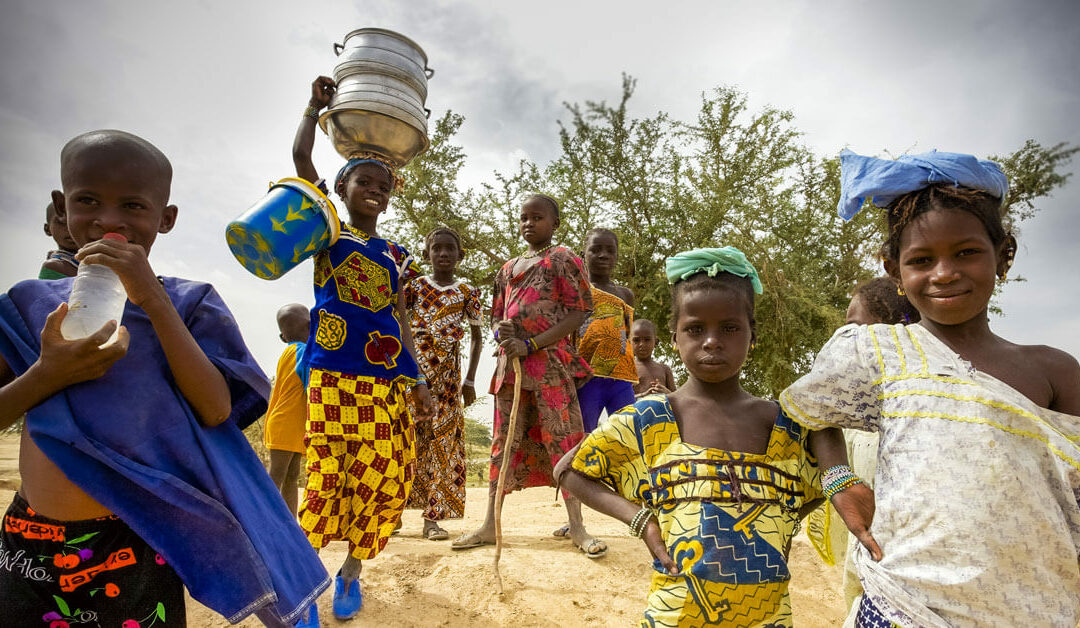
by Daniel Meyer | Nov 30, 2022
For the people in the Gourma region of Mali, nature is never taken for granted.
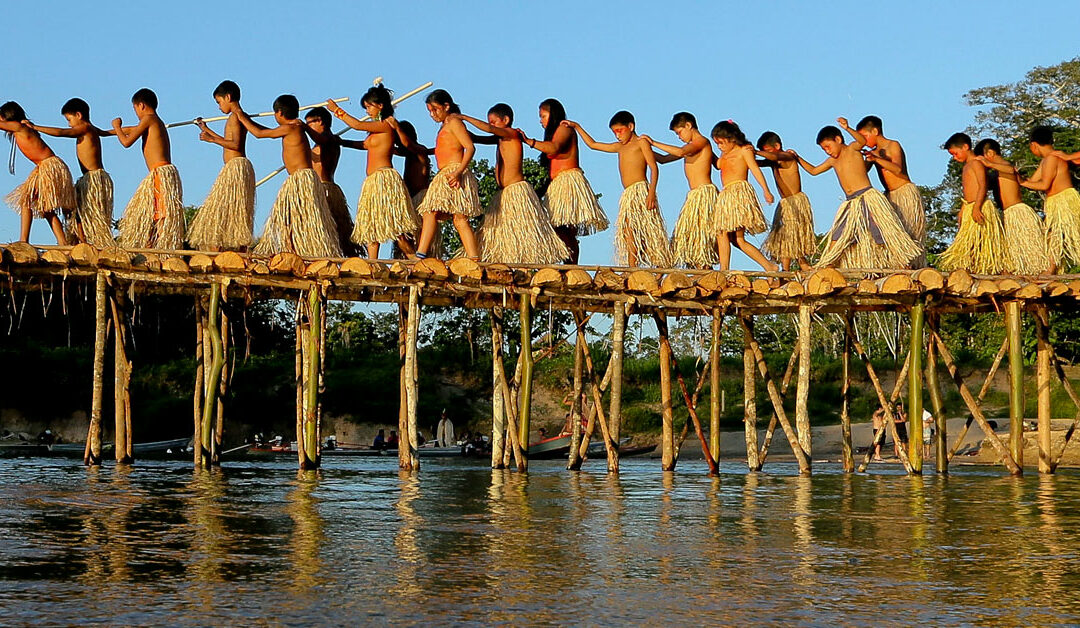
by Daniel Meyer | Nov 21, 2022
Not only are they real, they are oftentimes some of the most important concepts and processes that drive our existence.










